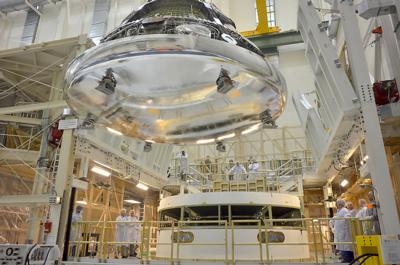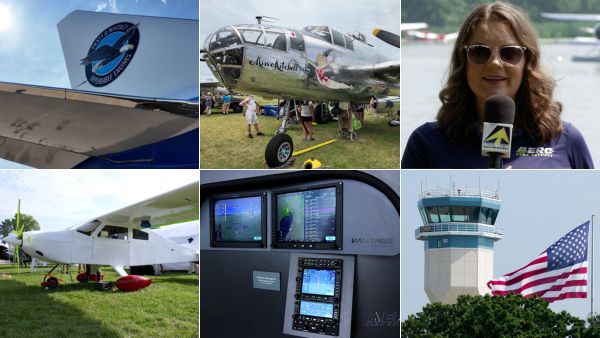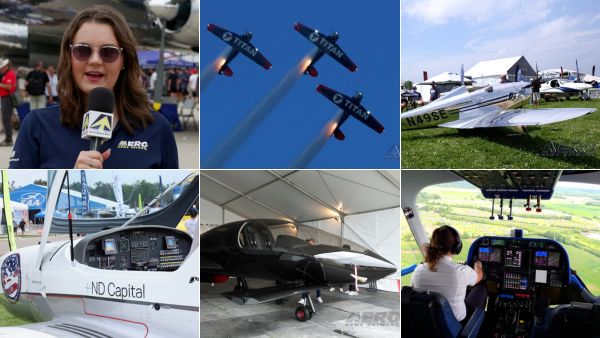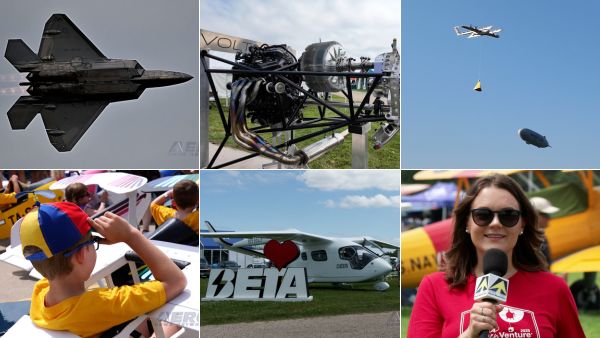Thu, Jun 12, 2014
Advertisement
More News
 OSH25 Day Four Redux: Spirit SE-1!, H55 eFlyer, King Schools
OSH25 Day Four Redux: Spirit SE-1!, H55 eFlyer, King Schools
Also: Centauri Aircraft Valkyrie, Meet the Admin, Night Airshow, Pelton Intv'w When we laid eyes on this critter, we fell in love… and then we learned the amazing story of t>[...]
 ANN Thanks Our Speedy Sponsor... Blackshape!!!
ANN Thanks Our Speedy Sponsor... Blackshape!!!
Check out Blackshape in Oshkosh Display #190 Situated in the Apulian Aerospace district in Monopoli, Italy, Blackshape embodies the epitome of Italian craftsmanship, style, and qua>[...]
 Alpha Systems AOA Guides ANN Oshkosh Coverage
Alpha Systems AOA Guides ANN Oshkosh Coverage
A Powerhouse In Aviation Safety Technology, Visit Alpha Systems AOA at Osh Display#3124-3125 Alpha systems AOA has been developing and integrating Angle of Attack systems for the l>[...]
 Pilot Mall Intro's High Flying Models To ANN Sponsor Lineup
Pilot Mall Intro's High Flying Models To ANN Sponsor Lineup
High-Flying Models By PilotMall.com: Honoring Aviation's Legacy We are dedicated to preserving and celebrating our rich aviation heritage through stunning mahogany wood scale repli>[...]
 CiES Fuels ANN's Oshkosh 2025 Special Event Coverage
CiES Fuels ANN's Oshkosh 2025 Special Event Coverage
CiES Has Pioneered Life Saving Technology Of Use To Pilots All Over The World... Booth 3119 CiES: CiES Inc. is the global leader in digital fuel quantity sensors for general aviati>[...]
blog comments powered by Disqus




